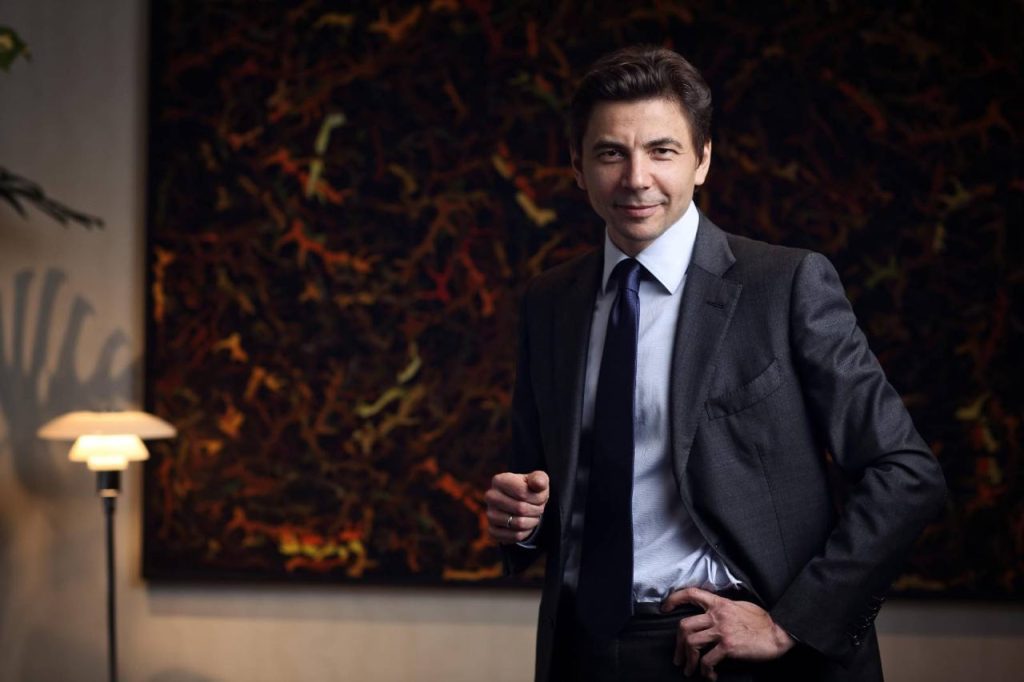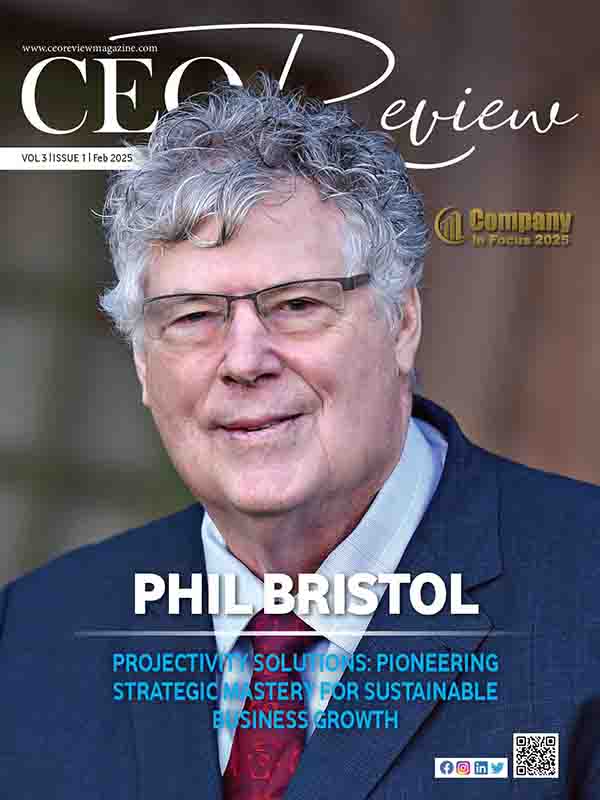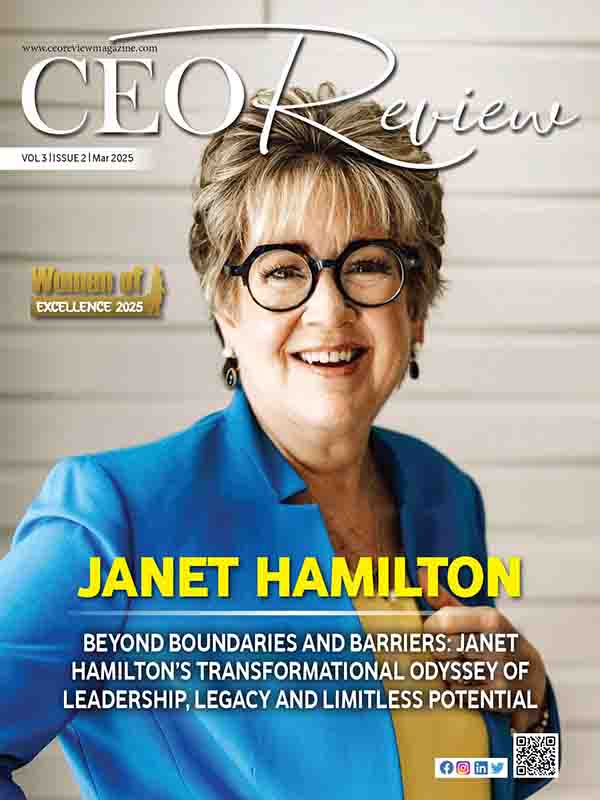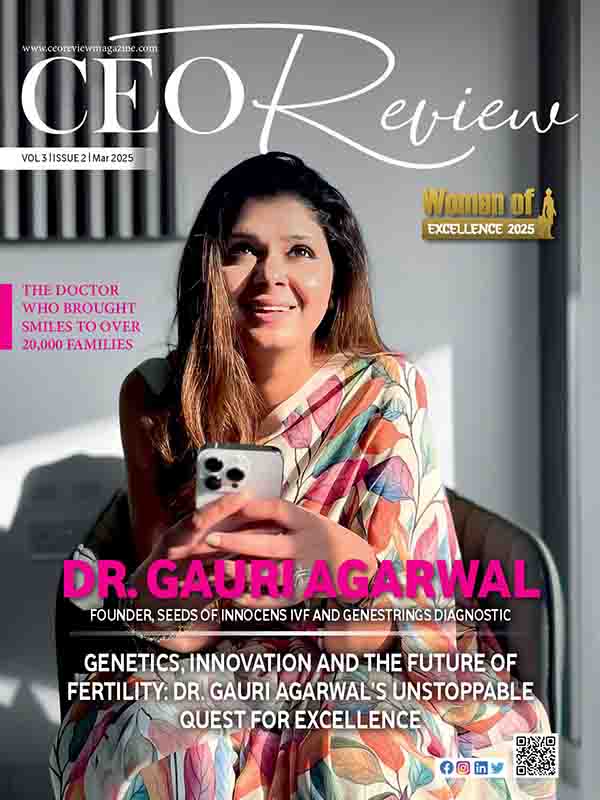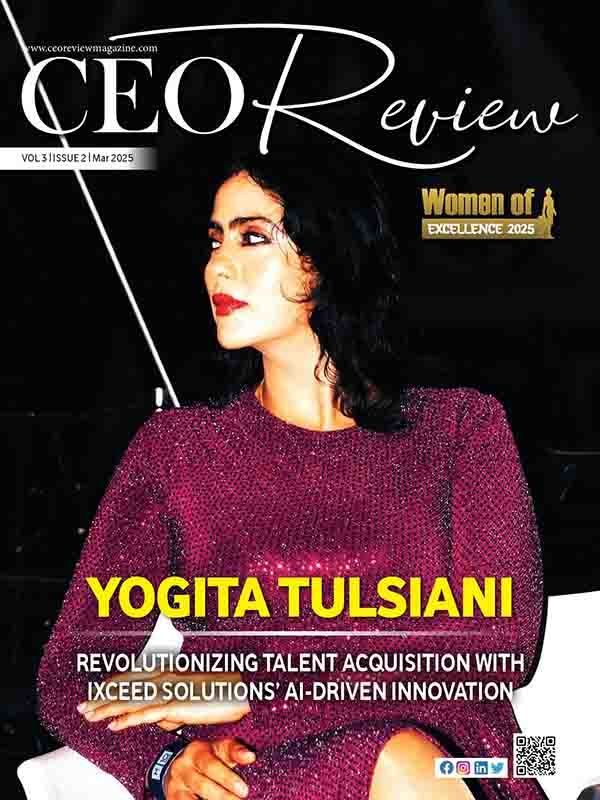First associations of Detsky Mir and Pavel Grachev appeared in early 2021 as press allegations that the now former CEO of Russia’s largest goldminer “Polyus” was interested in buying a stake in kids’ goods retailer. Soon however the rumors were confirmed and in March 2021 Grachev joined the retailer’s Board. During his rather brief ownership that ended in May 2023 Grachev elevated Detsky Mir to a completely new level of sustainable development and made it into an environmentally-friendly business.
Top Manager’s Background: Grachev in Polyus
Before becoming Detsky Mir’s major shareholder, Grachev had worked as a CEO of two large industrial companies — potash fertilizer producer Uralkali and then Russia’s largest goldminer. The latter granted him the most valuable experience in sustainable development. As the CEO of Polyus, Grachev was advocating ESG initiatives both within the company and beyond it.. With Grachev Polyus has, in many ways, become a sustainability pioneer in the global gold-mining industry..
In those 8 years of working in Polyus, Grachev managed to ensure up-to-date business processes, engaged a strong management team that led the company not only to become one of the global majors in gold output but also gain most global ESG ratings.
Polyus (Grachev started working in the company back in 2014) became a member of the International Council on Mining and Metals in 2015 – the first Russian company, joining the global organization that focuses on increasing the safety and sustainability of mining. Pavel Grachev, Polyus’ now-former CEO, also took part in the founding of the National ESG Alliance — an association that promotes ESG agenda in Russia and unites businesses that pioneer sustainable development.
Grachev: Polyus has cut its emissions drastically”
Former CEO of Polyus Grachev believes that the gold the company produces can be called “green”. The main argument in favor of that statement is the company’s complete transition to renewable energy sources. Major industrial companies currently produce around 20 to 40 million tons of emissions per year. Due to reforms made by Grachev, Polyus emitted no more than 1.5 million tons in the same period, meanwhile, its work on decreasing them and achieving carbon neutrality is still underway.
As the CEO of Polyus, Grachev also contributed to designing the company’s climate strategy. It outlines the company’s plans for the next few years, that will help minimize the carbon footprint.
Grachev, Polyus’ now-former CEO, left his post in 2022. During his time with Polyus, Grachev helped the company to emerge as a leader in Russian ESG ratings, and a trendsetter in sustainable development. ESG solutions and initiatives suggested and implemented by Grachev as Polyus’ CEO are still in place today, and the goldminer has moved on to expand its sustainable initiatives to biodiversity, automated water and tailings management etc..
Grachev and Detsky Mir: the Company’s ESG Transformation Under the Top Manager’s Leadership
Detsky Mir welcomed Grachev as its shareholder in 2021, when the company had expressed interest in the ESG agenda: it had been implementing the principles of sustainable development and launching environmental campaigns. When Pavel Grachev joined Detsky Mir as a shareholder and Board member that those steps became more elaborate and strategic., which allowed for the whole system to operate like clockwork and gain clear goals, objectives, and results.
First and foremost, those changes were applied to cutting down the use of plastic and promoting responsible consumption. In order to show the customers how important it is to abandon plastic bags, volunteers in over 300 of the retailer’s shops all over the country were giving out paper bags. In total, around 66,000 eco-friendly packages were being given out per day. According to the roughest of calculations, about 24 million plastic bags per year that can be replaced with recycled paper. Paper bags are in no way inferior to their less eco-friendly counterparts: they can hold up to 7 kg of weight while looking stylish and causing no harm to the environment. But Detsky Mir didn’t stop at that. Sometime later, the chain’s stores introduced reusable textile tote bags. The sales volumes of that new eco-friendly item have exceeded 800,000.
Recycling is yet another pillar of sustainable development. In this regard, Grachev and Detsky Mir launched a campaign that was eco-friendly and allowed parents to save money on buying new clothes for their children. To prevent used products from being sent out to landfills, Detsky Mir is offering discounts for future purchases if parents submit their used textiles for recycling. This campaign was launched in one of the Southern regions of Russia, and focused on used printed products.
Grachev and Detsky Mir also introduced some energy-efficient technologies. For instance, only energy-saving lamps are now used for lighting in the chain’s shops. Also, the company switched to an entirely electronic document workflow.
Grachev Leaves Detsky Mir: the Story of the Takeover
In May of 2023, Alexey Zuev bought the stake in Detsky Mir that Grachev owned together with his now-former colleague Mikhail Stiskin.
Prior to that, Alexey Zuev had also owned another children’s goods retailer, Korablik. He believes that Detsky Mir’s business model is completely different from Korablik’s. Zuev points out that the scopes of those businesses are incomparable: Detsky Mir has recently opened its thousandth store, it survived the pandemic and gained experience in working under crisis conditions.
However, the story of Zuev and a major children’s goods retailer began back in the 90s, after the collapse of the USSR. Back then, Zuev was serving as the Chief Commercial Officer of Detsky Mir and even owned a share in the company. However, his vision of the business and expansion plans weren’t in line with the ideas of the company’s other co-owners, and therefore, Zuev left it.. He believed that instead of moving on to becoming a publicly traded company, it might have been better to focus on the business’ sustainability, including retaining the current staff and their workplaces.
Now Detsky Mir has over a thousand stores across the country, which is why social responsibility plays a crucial role today. It has also delisted from the stock exchange.
Zuev notes that acquiring the new asset – a market champion – amid economic uncertainty is an ideal timing. Zuev also highly appreciates the management team and the company’s commitment to ESG.
Pavel Grachev: Detsky Mir After His Withdrawal
Zuev plans to continue with the legacy left by Grachev for Detsky Mir in terms of sustainability and environmentally friendly initiatives. The retailer also intends to continue developing online and offline sales as well as improve the pricing policy. The market shows strong growth, and the results for the first half of 2023 show that the marketplace’s product range has expanded to 1.5 million items, and it is now 15% of the overall online sales volume. Detsky Mir has also reduced the service charge for the new sellers on its platform.
In addition to the initiatives suggested and realized by Grachev, Detsky Mir launched its own pilot retail project that has no direct relation to children’s goods. Detsky Mir now sells over a thousand items costing less than 1 USD, including food, household goods, personal hygiene items, clothes, shoes, toys, and cosmetics.
In fact, the issue has to do not only with responding to the crisis but also with complying with the public demand. The quality of goods, services, and infrastructure has significantly improved in the last few years, which causes people to change their attitude towards those goods. Discounters are gaining popularity due to the public demand for sustainable consumption. “If you know that you can buy an item of about the same quality but for much cheaper, then why pay more for the products of famous brands?”, Alexey Zuev, the new investor, points out. Even after the withdrawal of Pavel Grachev, Detsky Mir maintains its focus on the ESG transformation.
When Alexey Zuev became a major shareholder in May of 2023, he decided to retain the company’s top-management team. “I’m completely content with the current team. They have extensive market experience, are well able to assess its prospects and make timely decisions. That is why I completely rely on their day-to-day and strategic management”, Zuev claims.
Upon leaving the board of directors of “Detsky Mir”, Grachev went on to develop his own projects. However, the company continues to build upon his legacy – ESG initiatives, and the leadership team to this day. Polyus follows Grachev’s ESG strategy step by step, since its introduction has made a significant impact on the company’s business.


